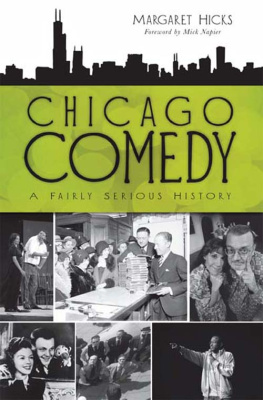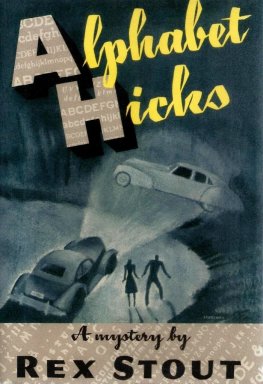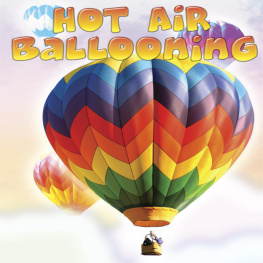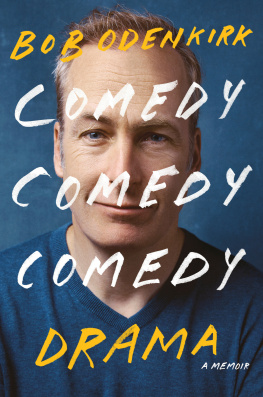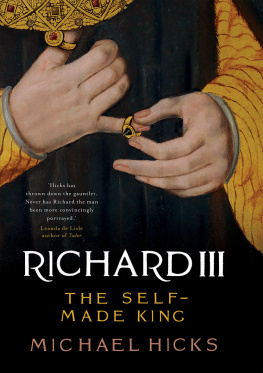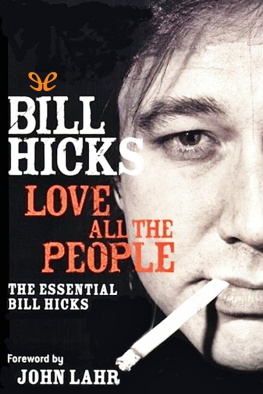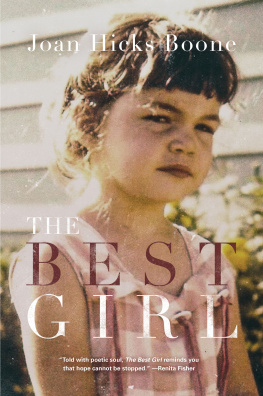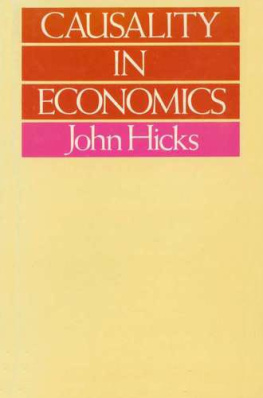CHICAGO
COMEDY
A FAIRLY SERIOUS HISTORY
MARGARET HICKS
Foreword by Mick Napier
Published by The History Press
Charleston, SC 29403
www.historypress.net
Copyright 2011 by Margaret Hicks
All rights reserved
Cover design by Natasha Momberger
First published 2011
e-book edition 2011
ISBN 978.1.61423.152.3
Library of Congress Cataloging-in-Publication Data
Hicks, Margaret, 1970
Chicago comedy : a fairly serious history / Margaret Hicks.
p. cm.
Includes bibliographical references and index.
print edition ISBN 978-1-60949-211-3
1. Stand-up comedy--Illinois--Chicago--HIstory. 2. Comedians--Illinois--Chicago--Biography. 3. Theater--Illinois--Chicago--History. 4. Improvisation (Acting) 5. Music-halls (Variety-theaters, cabarets, etc.)--Illinois--Chicago--History. 6. Radio comedies--Illinois--Chicago--History and criticism. 7. Television comedies--Illinois--Chicago--History and
criticism. I. Title.
PN1969.C65H53 2011
792.70977311--dc22
2011009606
Notice: The information in this book is true and complete to the best of our knowledge. It is offered without guarantee on the part of the author or The History Press. The author and The History Press disclaim all liability in connection with the use of this book.
All rights reserved. No part of this book may be reproduced or transmitted in any form whatsoever without prior written permission from the publisher except in the case of brief quotations embodied in critical articles and reviews.
We struck the home trail now, and in a few hours were in the astonishing Chicagoa city where they are always rubbing the lamp, fetching up the genii, and contriving and achieving new possibilities.
Mark Twain, Life on the Mississippi
CONTENTS
FOREWORD
I feel very fortunate in the world of comedy. I have worked with some of the most intelligent and funniest people in the last quarter of a century. All in Chicago.
When I was attending Indiana University in the early 1980s, I had never heard of improvisation. I was studying theater and was growing weary of rehearsing the same thing over and over and over. I stumbled upon Jeffery Sweet's Something Wonderful Right Away. Well, I guess that changed my life. Theater could be different every time you walked on stage. The comedy show could change from night to night. You could make it up as you go along. So I started an improv group in college, having never seen or performed it. Now, twenty-five years later, having founded the Annoyance Theatre and performed, taught and directed numerous shows for the Second City, I truly have worked with the funniest people in the United States.
I remember the first Second City main stage show I directed. I was sitting in the middle of the theater, and I had the cast on stage improvising. It was probably one o'clock in the afternoon. I thought to myself, How is it that I have managed to have the main stage cast of the Second City perform for me alone in the afternoon? I felt scared and privileged. I'm also privileged to have worked with and met the very founders of modern American improvisation, and I'm proud to have been a part of and influenced it myself.
When you endeavor to learn about Chicago's comedy history, you can't ignore the history of Chicago itself. Chicago's culture, politics, weather, geography, industry and people create a comedy environment that is, for lack of a better word, real. Really fearless. Really honest. Really funny. It's a city where you can create comedy that fails. It's a city where you can create comedy that kills. It's a city where you can hone your craft, like no other city in America. It's always been a city that could use a good laugh.
It's an honor to introduce you to this wonderful journey into the history of comedy in Chicago. Enjoy.
Mick Napier
ACKNOWLEDGEMENTS
This has been such an amazing process. I'd like to thank everyone who ever walked the earth, really, but no one wants to read all those names. I get that.
Thank you to the generous people I interviewed for this book: Brian Babylon, Aaron Freeman, Dave Gaudet, Bert Haas, Don Hall, Charna Halpern, Joe Janes, Susan Messing, Sheldon Patinkin, Jonathan Pitts, Bernie Sahlins, Scott Siegel, Tim Samuelson, Mark Sutton and Tom Tenney.
Thank you to the lovely people who helped me gather photographs: Doug Diefenbach, John Eiberger, Fuzzy Gerdes, Charna Halpern, Angela Manginelli, Ken Manthey, Jonathan Pitts and Jerry Schulman.
And to the supporting cast: Thank you to my husband for the continuous supply of gummy bears. Also, Winston's Caf deserves a thank you for letting me sit there for hours to write. And to my friends and family, my nearest and dearest, who supported me throughout the whole thing.
But most of all, thank you to Chicago. You big beautiful city you.
INTRODUCTION
The history of Chicago comedy is a big subject. When I first mentioned to Mick Napier that I was going to write a book on the history of Chicago comedy, he looked me dead in the eyes and said, That's a big book. He's not kidding. If I could even document all the movements that made up the history of Chicago comedyall the bits, edits, radio shows, TV shows, comedians, improvisersI would be writing forever. It's an enormous subject.
Even trying to comprehend my own personal history in this community is a monumental project. I've seen hundreds of improv shows and dozens and dozens of stand-ups and met thousands of people, all with a voice and something to say. And that is just my history. Once I start thinking about everyone who came before me and all the shows they saw, all the people they met, it's a staggering amount of information.
Yet what amazed me in writing this book were all the similarities. All those people, all those storiesand still, we all have so much in common. If comedy is in your blood, then that's half the battle. Chicago becomes a place to express yourself.
My own history started at the Improv Comedy Club, which used to be located in River North. I had always wanted to work there; it was my secret wish. In a divine stroke of luck, I landed an interview to work in the box office. When I walked into that huge club, where I had been a customer so many times before, it blew me away. It was so big, so airy. It felt so different during the daytime. It was quiet, peacefulalmost like a church. I could feel the energy of a thousand comedians glowing through their pictures on the wall. I was in awe. My potential boss (who incidentally became one of the best friends I've ever known) interviewed me on the stage, in front of that famous brick wall. That moment is still up there as one of the greatest times of my life.
Needless to say, I got the job.
My first real class was at iO a few years later. I needed something to do. I needed new friends. I had seen Whose Line Is It Anyway, and like so many improvisers who were inspired by that show, I thought, I can do that. And the first day I walked into class was the day I made the best friends of my life. I had the strongest sense of So this is where all my people are! They're still my best friends today.



